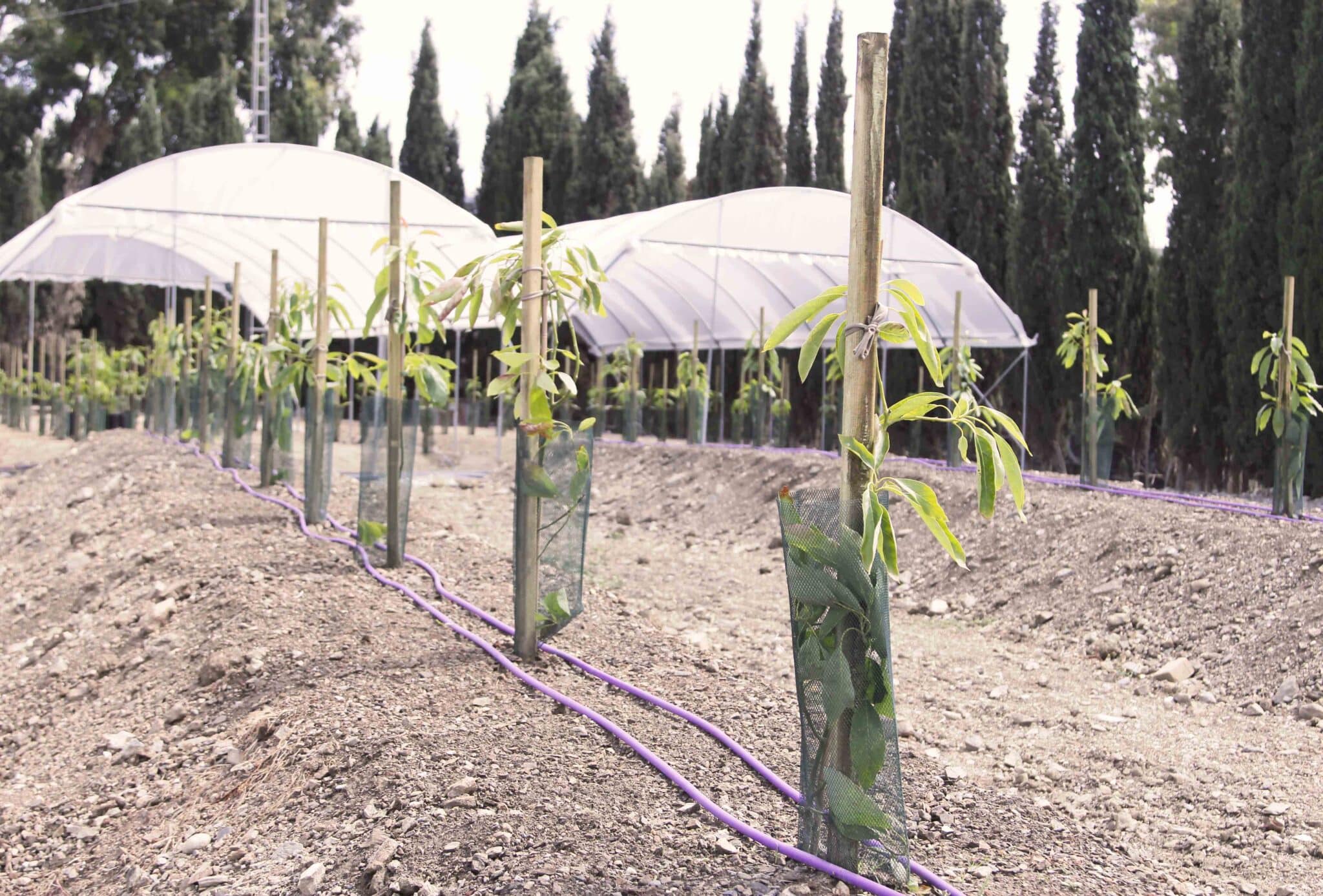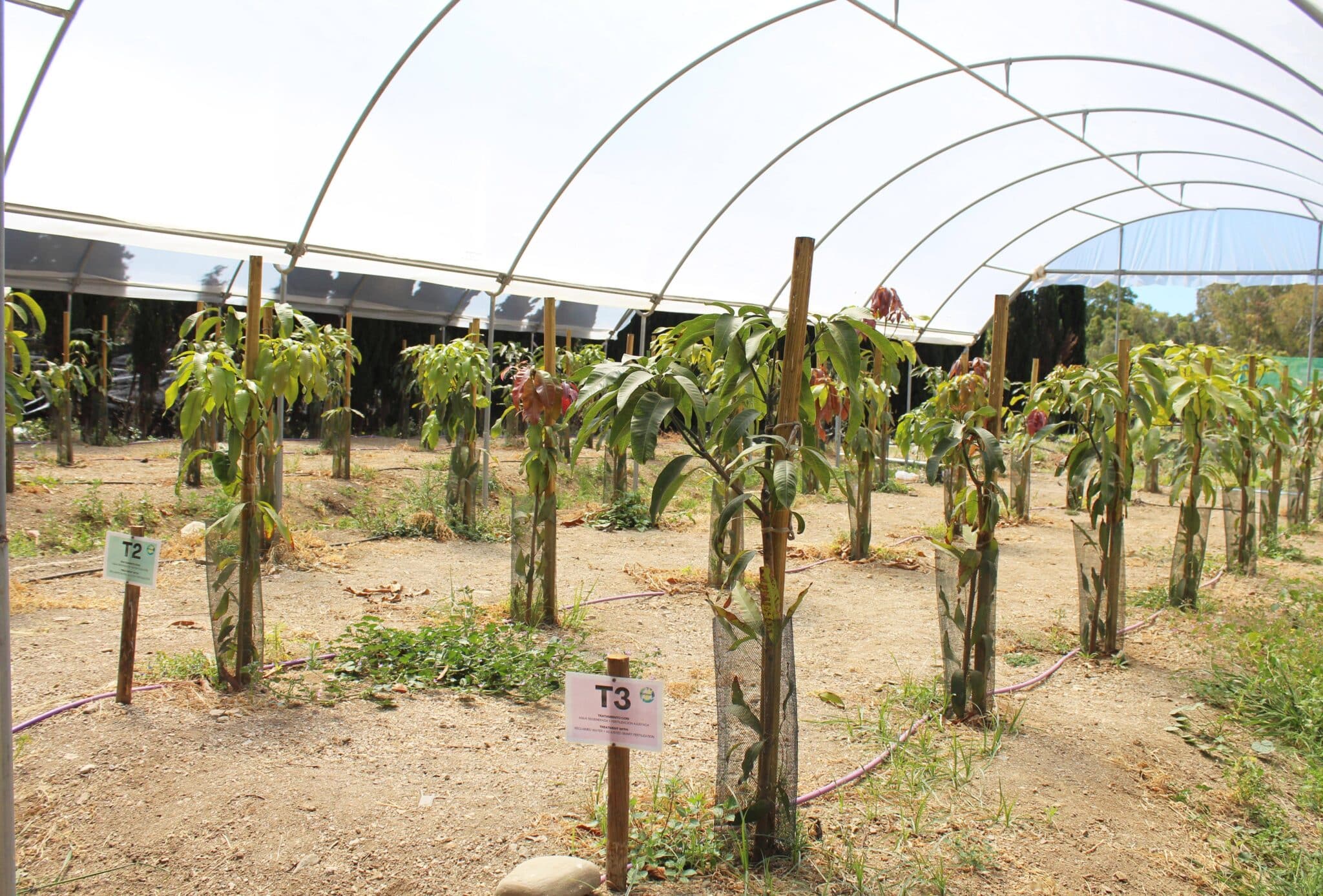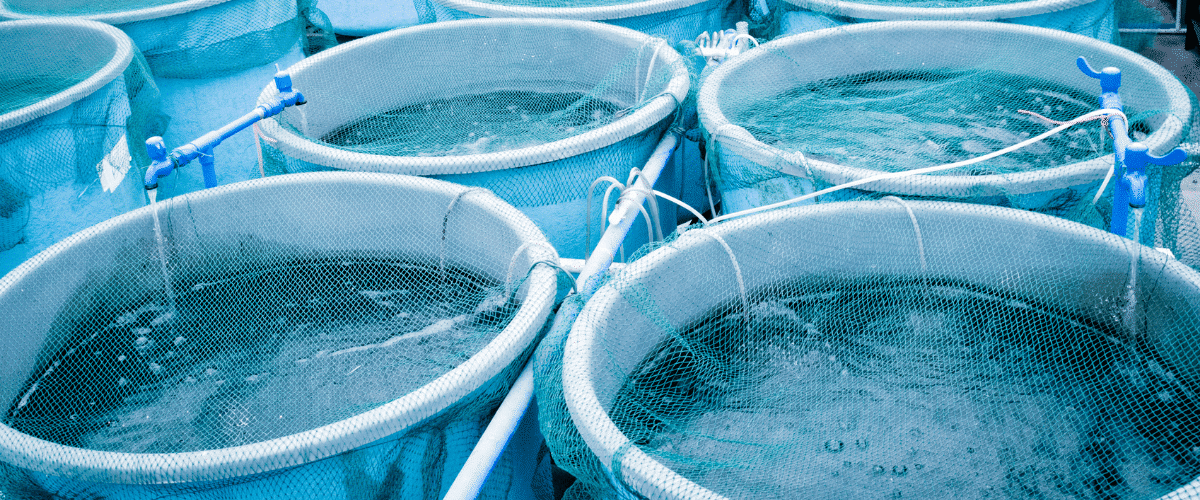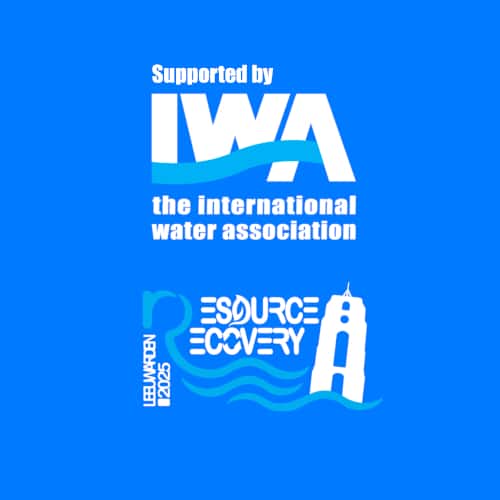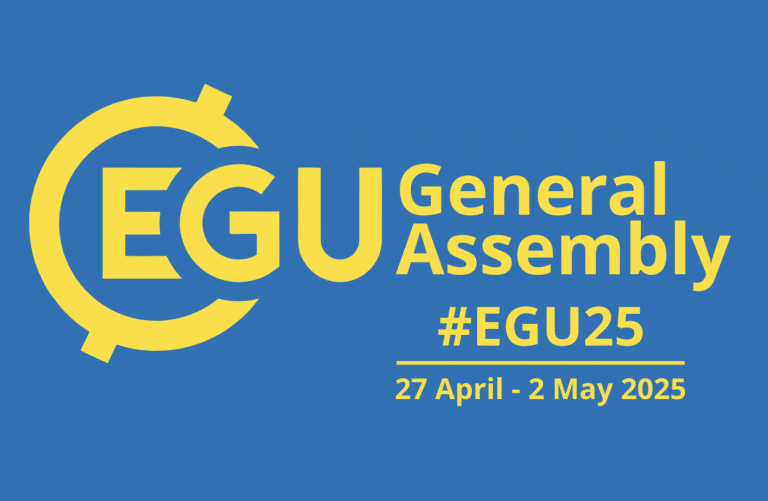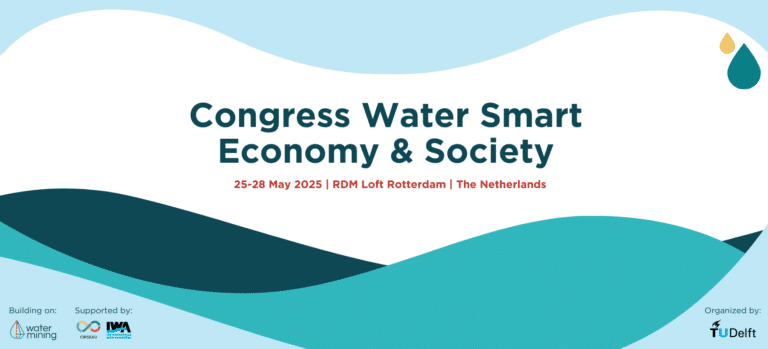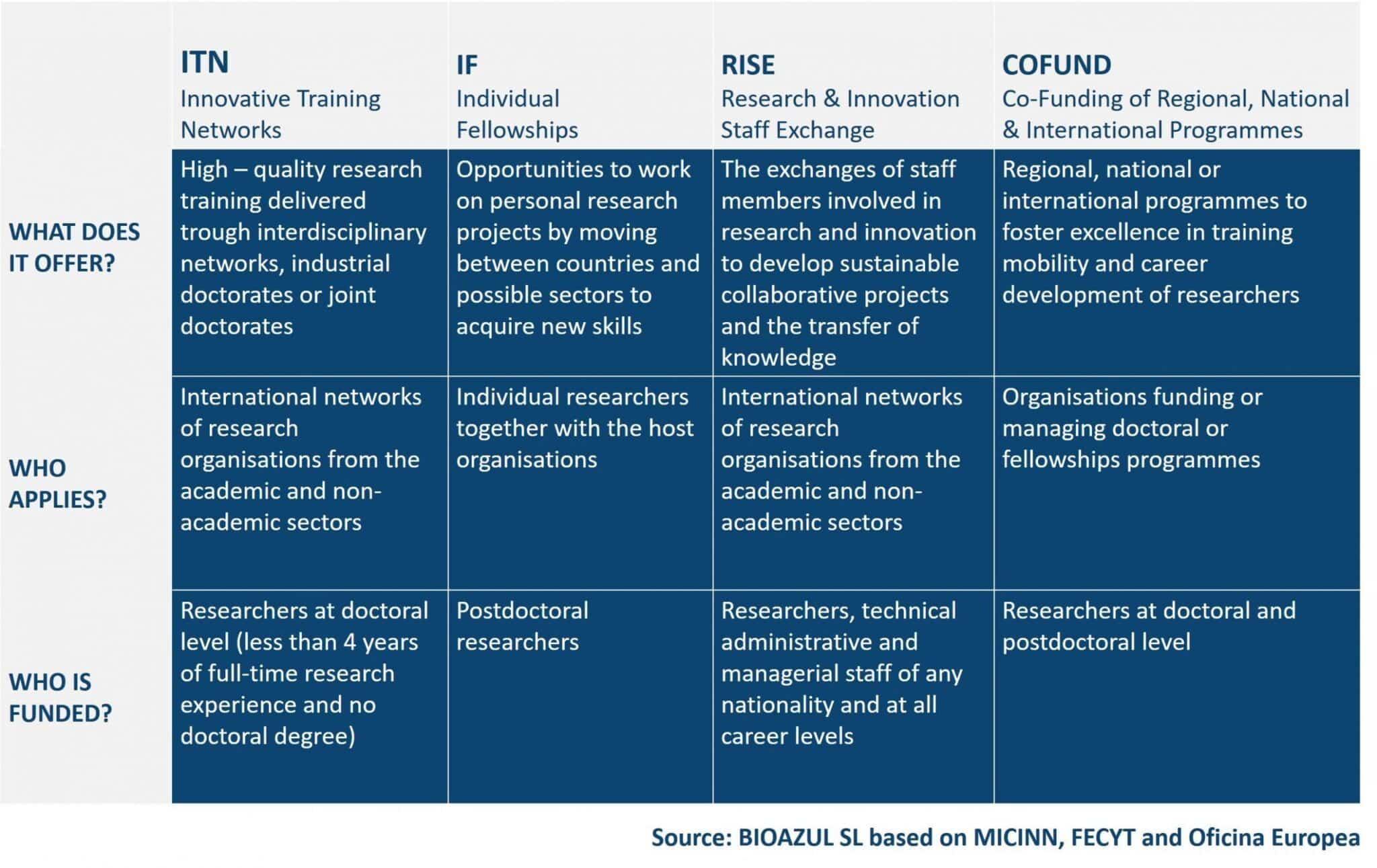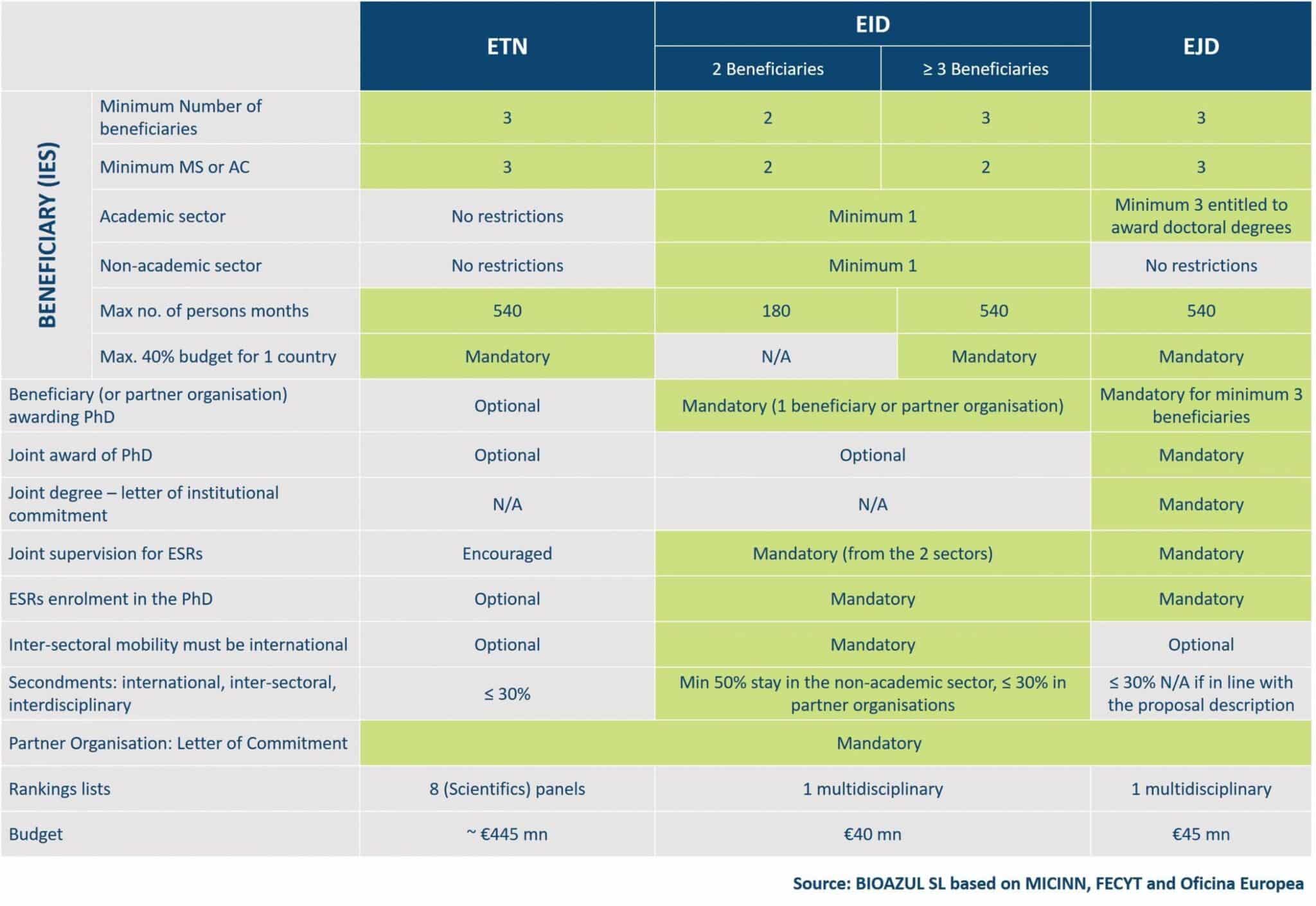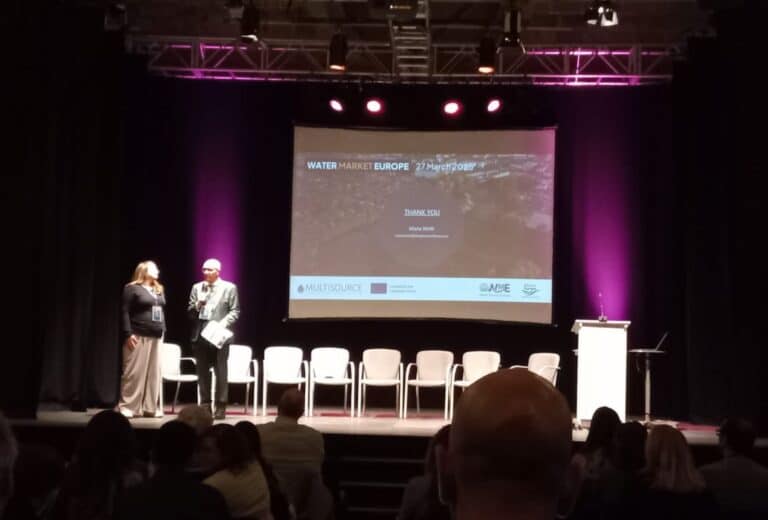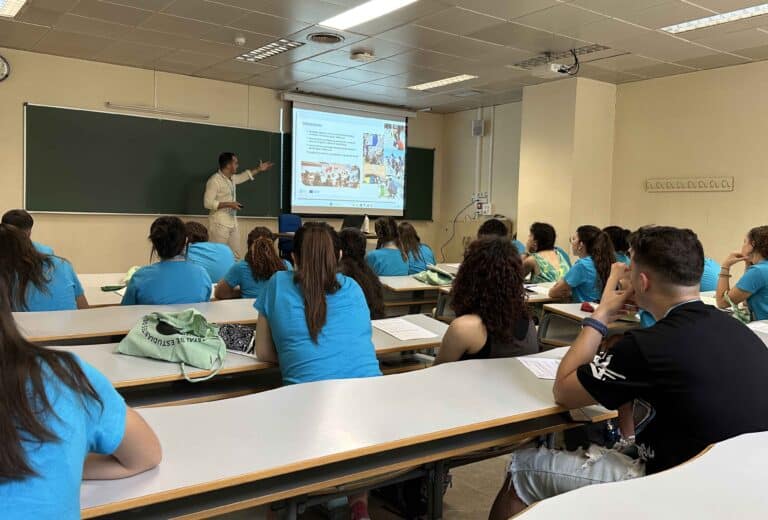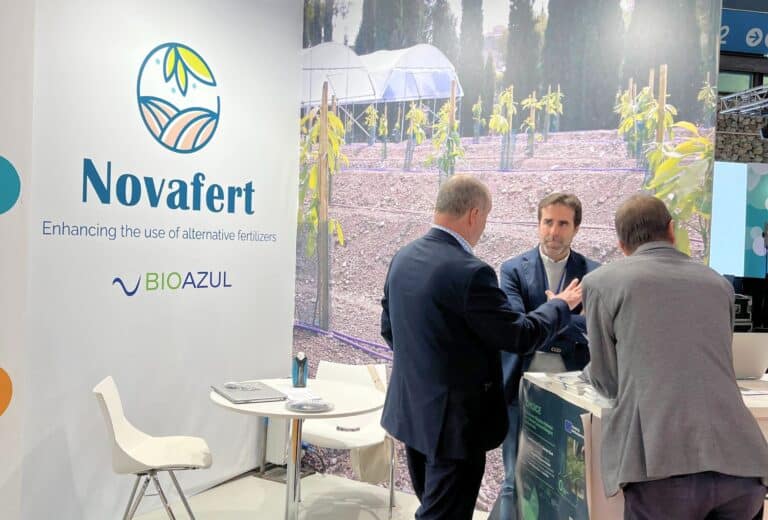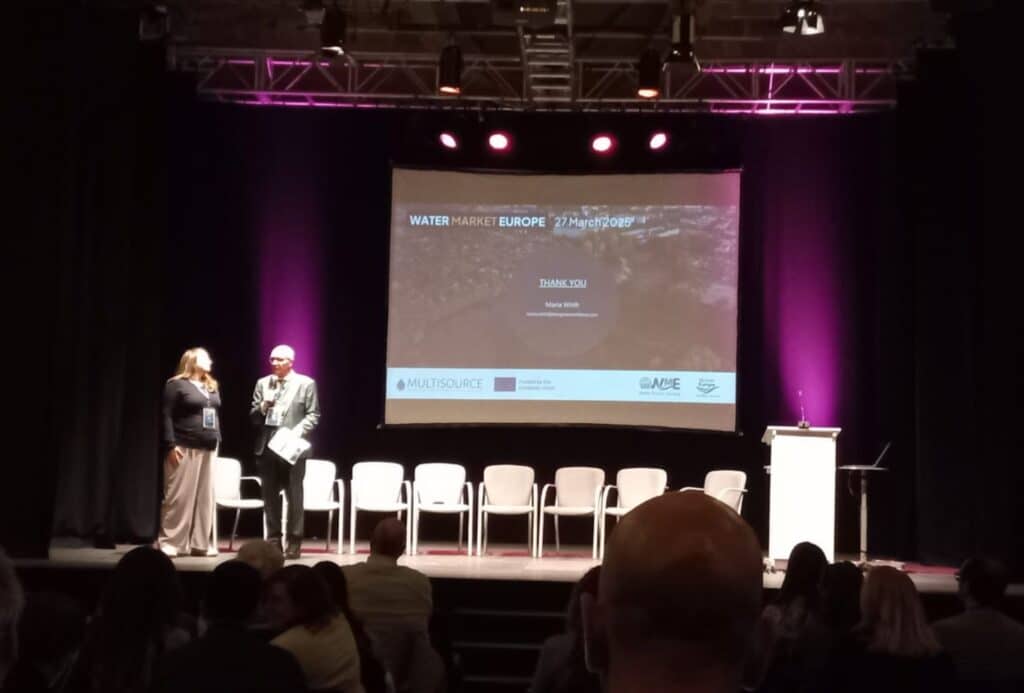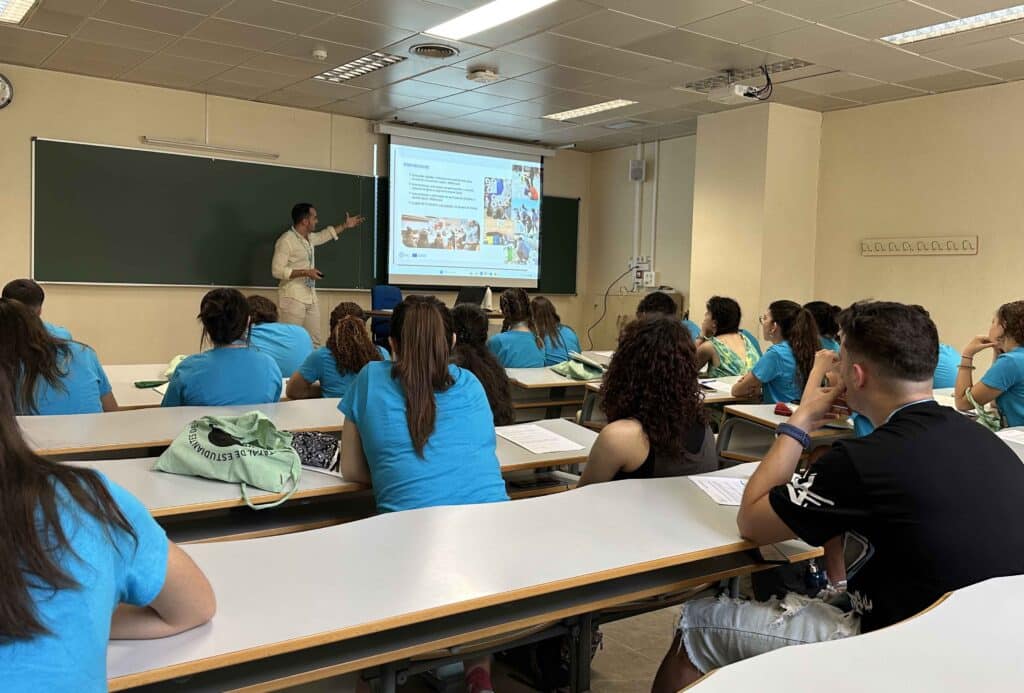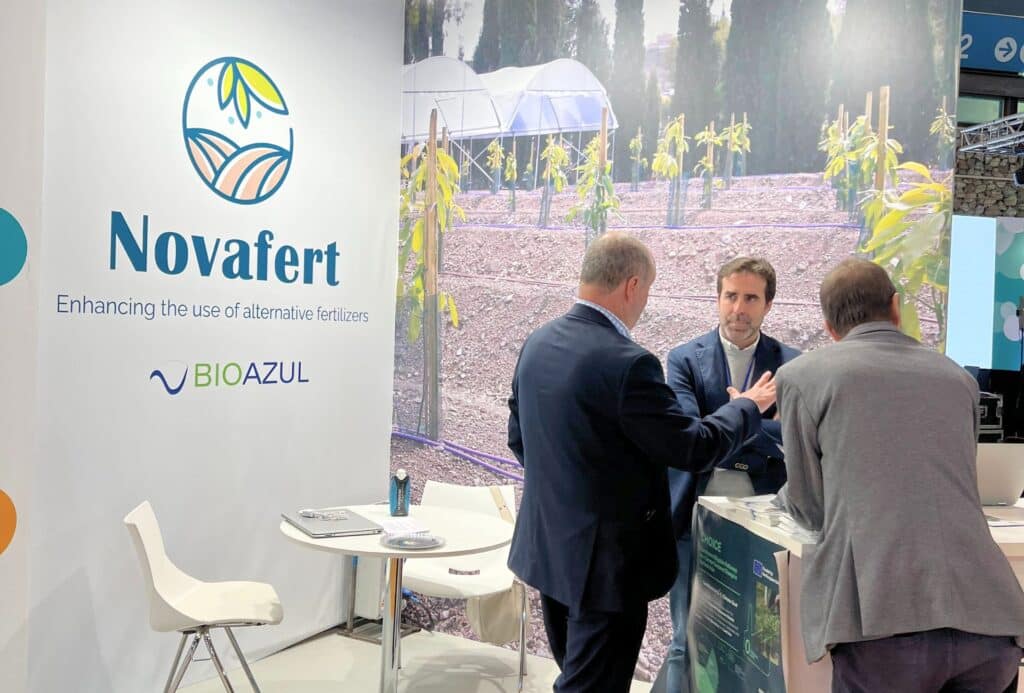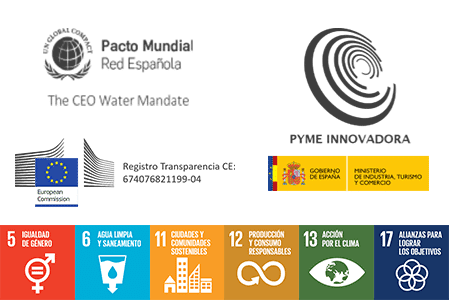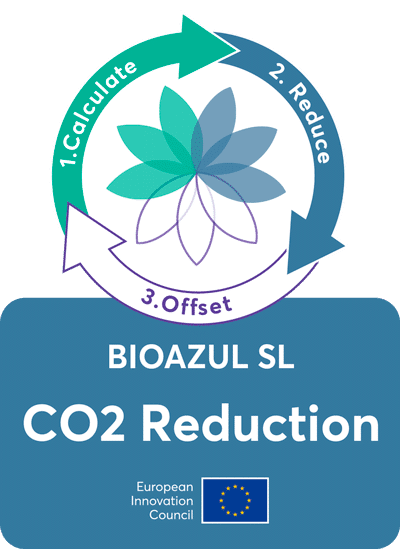The European Union focuses great part of its research and innovation activities into the Framework Programme Horizon 2020 (H2020), active during the 2014-2020 period. This programme builds on three key pillars: addressing the main societal challenges, promoting industrial leadership in Europe and strengthening scientific excellence.
In order to achieve this Excellent Science in Europe and to ensure a constant flow of high-quality research, the European Union strives to support the best ideas and develop talent in Europe. It also aims to ensure that all researchers have access to priority research infrastructures.
The main objectives of the Excellent Science in Horizon 2020 are summarized as follows:
- The European Research Council (ERC) provides attractive and flexible funding to enable talented and creative individual researchers and their teams to pursue the most promising avenues at the frontier of science, on the basis of Union-wide competition.
- Future and Emerging Technologies (FET) support collaborative research in order to extend Europe’s capacity for advanced and paradigm-changing innovation. They foster scientific collaboration across disciplines on radically new, high-risk ideas and accelerate development of the most promising emerging areas of science and technology as well as the Union-wide structuring of the corresponding scientific communities.
- Marie Skłodowska-Curie Actions provide excellent and innovative research training as well as attractive career and knowledge-exchange opportunities through cross-border and cross-sector mobility of researchers to best prepare them to face current and future societal challenges.
- Research infrastructure develops European research infrastructure for 2020 and beyond, foster their innovation potential and human capital, and complement this with the related Union policy and international cooperation.
WHAT ARE THE MARIE SKŁODOWSKA-CURIE ACTIONS (MSCA)?
Marie Skłodowska-Curie Actions (MSCA) are grants awarded for all stages of the researchers’ career, either for doctoral candidates or highly experienced researchers, and that promote international, intersectoral and interdisciplinary mobility. MSCAs allow research organizations (universities, research centres and companies) to host talented researchers from abroad and create strategic partnerships with leading institutions around the world.
The aim of Marie Skłodowska-Curie actions is to equip researchers with the necessary skills and international experience for a successful career, either in the public or the private sector. The program responds to the challenges that often researchers are facing, offering attractive working conditions and the opportunity to move between academic and other environments.
The MSCA are summarized in three key points:
- Training: support to the researcher in training.
- Career Development: support to the researcher in the development of the research career in all its stages.
- Mobility: support for the triple “i” mobility: international, intersectoral and interdisciplinary.
There exist four types of calls to participate in the Marie Skłodowska-Curie actions:
Bioazul has specialized in the preparation of proposals and management of MSCA projects in its Innovative Traning Networks (ITN) modality. Bioazul also participates as an associated company in the INEXTVIR project.
ITN – INNOVATIVE TRAINING NETWORKS
The Innovative Training Networks (ITN) aim to train, through an international network of public and private centres, a new generation of creative and innovative researchers, capable of transforming knowledge and ideas into products and services for economic and social benefits for the European Union.
In addition, ITNs seek to increase excellence and structure research and doctoral training, expanding the traditional academic research training environment and equipping researchers with the right combination of transferable and research-related skills.
This action is intended to hire young researchers (Early Stage Researchers – ESR: researchers who have not obtained a doctoral degree and are in their first 4 years of full-time research experience).
ITN calls are divided into three different modes:
- European Training Networks (ETN). Networks of at least 3 partners established in 3 different countries of the EU28 or Associated Countries.
- European Industrial Doctorates (EID). Networks formed by 2 partners (or more), one academic and the other industrial, located in two EU28 countries or partners.
- European Joint Doctorates (EJD). Networks of at least 3 partners that can issue doctoral degrees (at least 2 of them from an EU28 country or associated country). The result of the network must be that ESRs obtain a joint, double or multiple doctoral degree.
This is the main criteria to distinguish between the three types of ITN calls:
The evaluation criteria for MSCA – ITN proposals is divided into 3 sections:
Excellence (50%)
- Quality, innovative aspects and credibility of the research programme including inter/multidisciplinary, intersectoral and gender aspects).
- Quality and innovative aspects of the training programme (including transferable skills, inter- multidisciplinary, inter-sectorial and gender aspects).
- Quality of the supervision.
- Quality of the proposed interaction between the participating organisations.
Impact (30%)
- Enhancing the career perspectives and employability of researchers and contribution to their skills development.
- Contribution to structuring doctoral/early-stage research training at the EU level and to strengthening EU innovation capacity, including the potential.
- Quality of the proposed measures to exploit and disseminate the results.
- Quality of the proposed measures to communicate the activities to the target audiences.
Implementation (20%)
- Coherence and effectiveness of the work plan.
- Appropriateness of the management structure and procedures, including quality and risk management.
- Appropriateness of the infrastructure of the participating organisations.
- Competences, experience and complementary of the participating organisations and their commitment to the programme.
